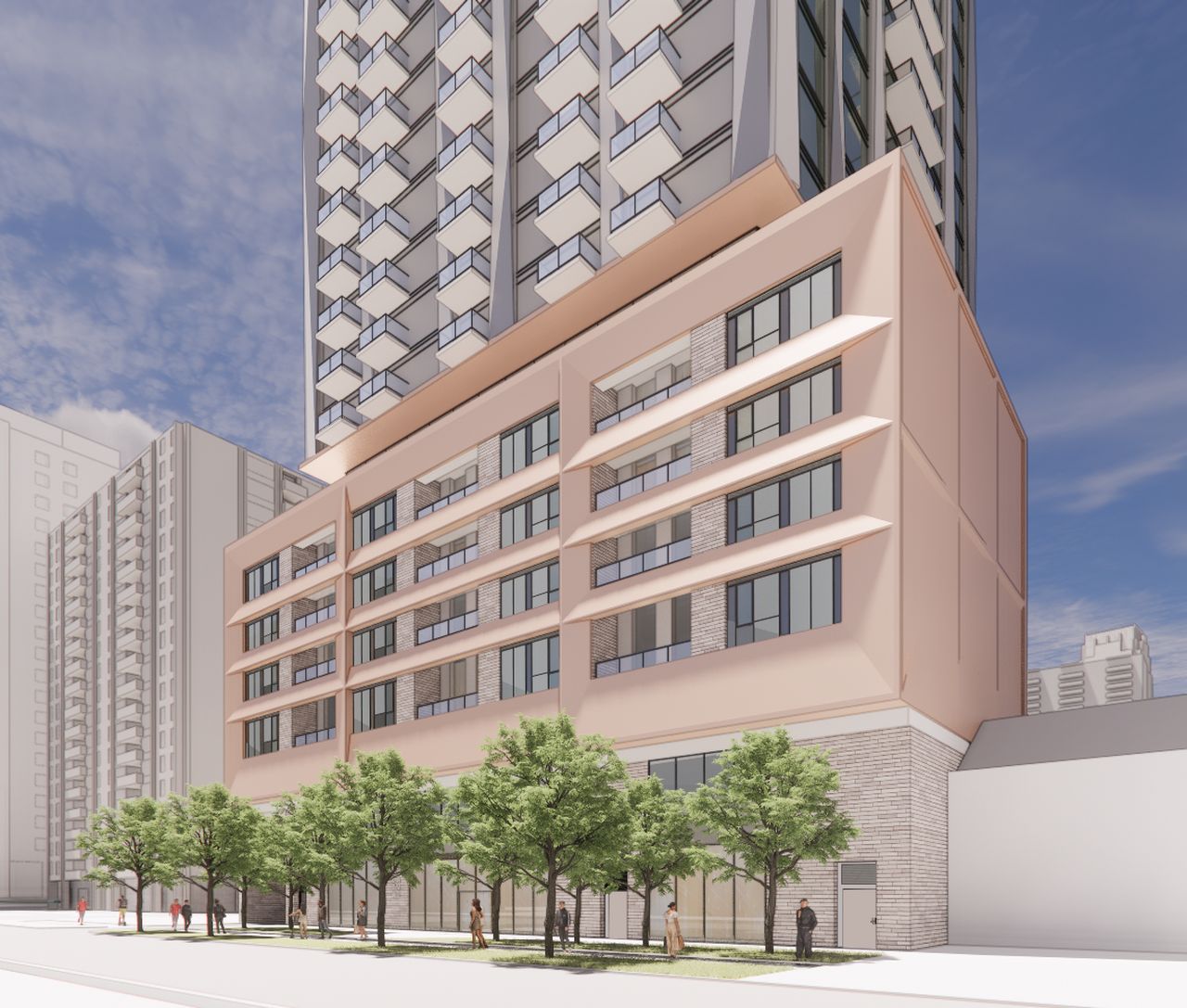It's absolutely a foolish practice because like I said, things on the road happen way faster than any silly second counting you could do. I sure hope it's temporary like Natika mentioned, but clearly it isn't judging by Drum's post (and I've got friends who do the same). Personally I have no trouble keeping a safe distance that doesn't encourage anyone to swerve into that space, without ever counting seconds.
As someone who watched lots of crash test videos and read a lot about how such tests are conducted, I think anyone using the 2-3 second rule underestimates just how fast accidents occur--literally hundredths of a second. And much of safe driving is intuitive and doesn't lend itself to hard and fast rules. This is a major blindspot in our driving instruction.







